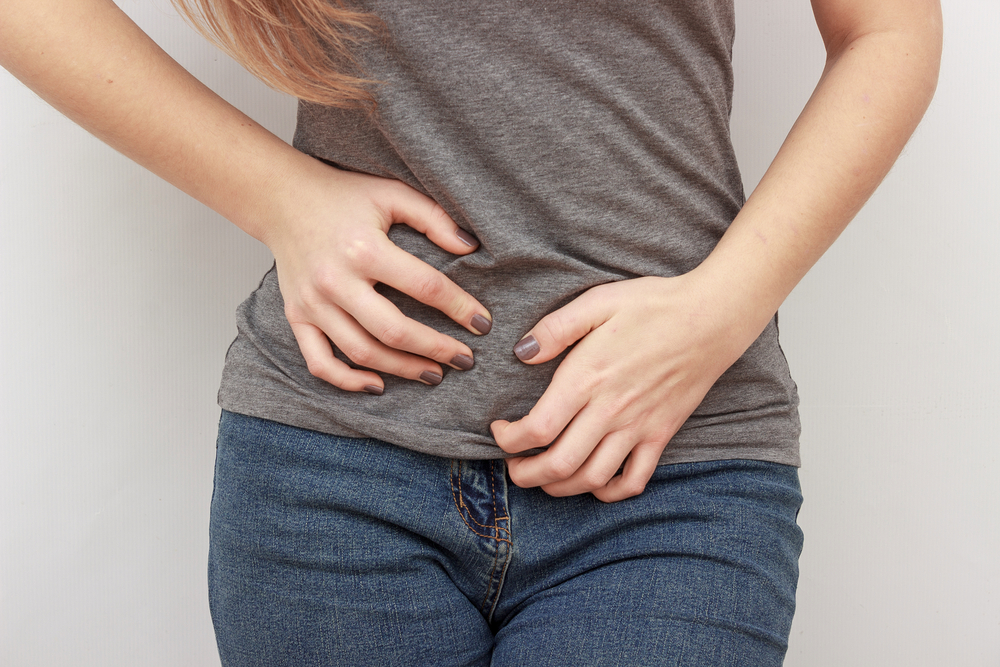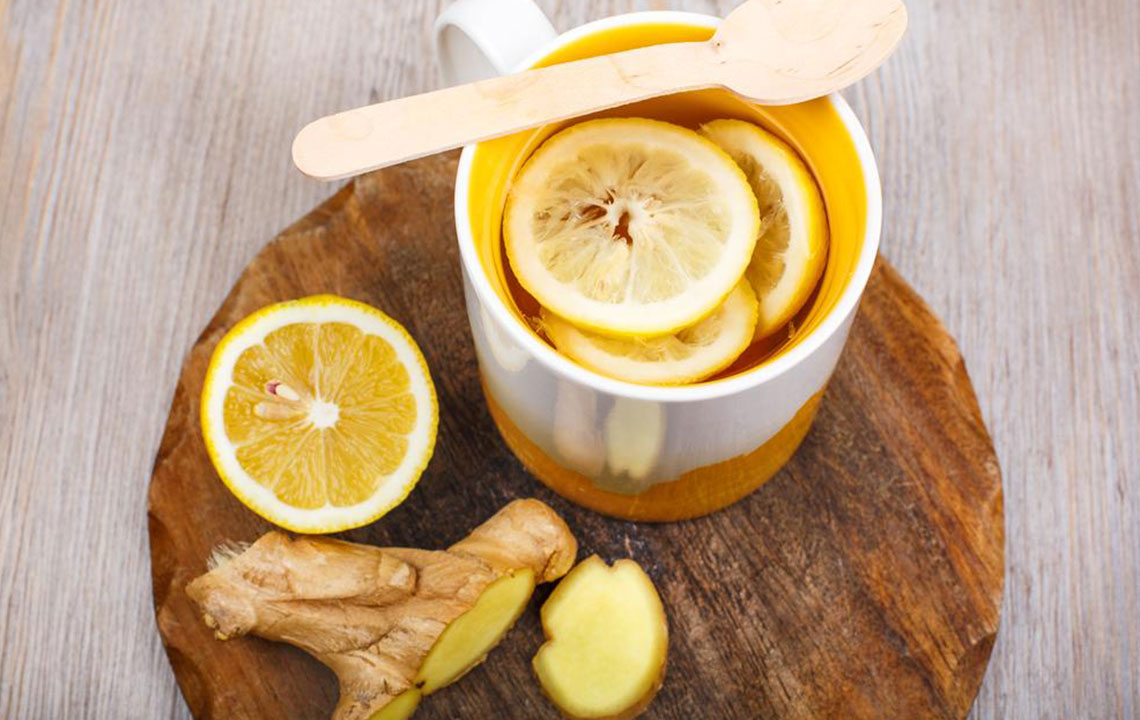Effective Strategies to Manage and Treat Diarrhea
This article explores effective methods to treat and manage diarrhea, including causes, dietary tips, natural remedies, and when to seek medical help. Tips include hydration, a bland diet, probiotics, and home remedies like ginger and honey. Understanding underlying conditions and preventive measures can help avoid future episodes. Always consult healthcare professionals for severe or persistent symptoms to ensure proper diagnosis and treatment. Practical advice combines traditional remedies with medical guidelines for comprehensive care.
Sponsored

Strategies for Treating and Managing Diarrhea
Diarrhea involves frequent loose, watery stools and can arise from various factors. Mild cases often resolve within a few days with dietary modifications and over-the-counter remedies. More severe or persistent diarrhea may require medical evaluation.
Common causes of diarrhea
Several elements can trigger diarrhea:
Infections: Viral illnesses like stomach flu, bacterial infections, or parasitic infestations such as worms.
Food-related issues: Food poisoning or intolerances.
Medical conditions: Diseases like ulcerative colitis, celiac disease, Crohn’s disease, or irritable bowel syndrome (IBS) can cause long-term diarrhea.
Medications: Certain drugs, including NSAIDs, may contribute to diarrhea.
Considering other factors, your healthcare provider may conduct blood tests and stool analyses, especially if symptoms are severe, to identify underlying issues.
Managing diarrhea
Most episodes improve naturally within three to four days. OTC medications can alleviate symptoms, while bacterial infections might require prescribed antibiotics. Always seek medical advice for appropriate dosages and treatments. Chronic conditions like celiac disease or IBS need specialized care from a gastroenterologist to develop an effective management plan.
To prevent dehydration during a diarrhea episode, hydration is crucial. Drinking plenty of water and electrolyte drinks, such as sports beverages, helps replenish lost salts. A gentle, bland diet like the BRAT diet—bananas, rice, applesauce, and toast—is recommended. Bananas provide pectin to bind stool, rice is soothing, applesauce contains pectin, and toast sustains without irritation.
Probiotics may be useful for persistent diarrhea; consult a healthcare provider before use. They introduce beneficial bacteria that help restore gut health. Foods rich in probiotics include yogurt, kefir, sauerkraut, and sourdough bread.
Additional natural remedies include ginger to detoxify, fenugreek to soothe the gut lining, buttermilk for digestion, chamomile tea for pain relief, apple cider vinegar’s antibacterial properties, and honey for healing. Organic orange peels steeped in hot water can aid digestion, and honey helps repair intestinal tissue due to its anti-inflammatory properties. Potassium-rich bananas and other natural remedies support recovery and gut health.
Preventive steps
Practice proper hygiene; wash hands thoroughly before meals.
Wash fruits and vegetables before eating.
Maintain cleanliness in your kitchen.
Refrigerate leftovers promptly.
Avoid triggers like dairy or gluten if diagnosed with intolerances.
When traveling, avoid street foods, stick to bottled water, ensure food is well-cooked, and steer clear of spicy dishes if sensitive.Treatments vary from simple home remedies to prescription medications, depending on severity and underlying causes. Identifying long-term triggers and adjusting your diet accordingly is essential for chronic diarrhea. Always consult a healthcare professional before using medications, especially for children. Home remedies can be effective adjuncts to medical treatment, helping to alleviate symptoms and promote recovery.






